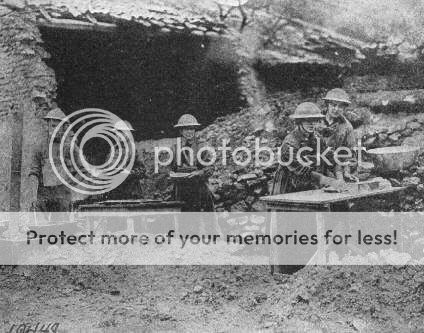It is truly mind boggling what we, on this forum, have been privileged to share with the contributions from Aston and Cromwell especially regarding WW1 and WW2 memories. I don't think many people of our era have seen very much of what has been presented here. I for one am very grateful to be able to see the posters, photographs and read the stories. As we have learned people and places are forgotten over the decades and the stories of the mistreatment of soldiers and livestock, etc. are buried forever in so many cases.
We are lucky enough to have a 24 hour cable channel here in Canada that covers so many aspects of War History over the last l00 years. You can be drawn into some of the really old footage very easily and are often amazed at it's content. You can also see from time to time the documentary films showing the arrival of the American soldiers at the end of WW2 at the main concentration camps in Germany and Poland. Nothing is cut out of these films and they are truly what I would call fascinatingly dreadful but you have to watch because you cannot believe in the carnage and waste of human life on such a scale and also the endless men that were walking skeletons and who had to somehow find away to "join" the human race again after being locked up in an earthly hell for so long.
We have watched as my father-in-laws' regiment of the Seaforth Highlanders out of Vancouver and posted overseas to Pirbright, celebrated Christmas Day in Apeldoorn, Holland after a big battle near the end of the war and fancy we see Gerry's Dad sitting at one of the tables in a bombed out church where the officers, ever mindful of their men, served them their Christmas Dinner. He was there but never talked about the battles he was in over the five years he was with the Regiment in WW2.
I did hear today that there are only three or four WW1 soldiers alive in Canada and the
Government has decided that when the last soldier passes on that there will be a special celebration of his life in the nation's capital, Ottawa and he will represent the thousands and thousands of Canadian soldiers who gave their all in WW1. There is a web site here for Canadian soldiers from WW2 to have their memories posted for posterity. It seems to be a great project. It must be completed because most of the remaining soldiers are now in their 80's and there are somewhere in the region of 200,000 left in Canada.

